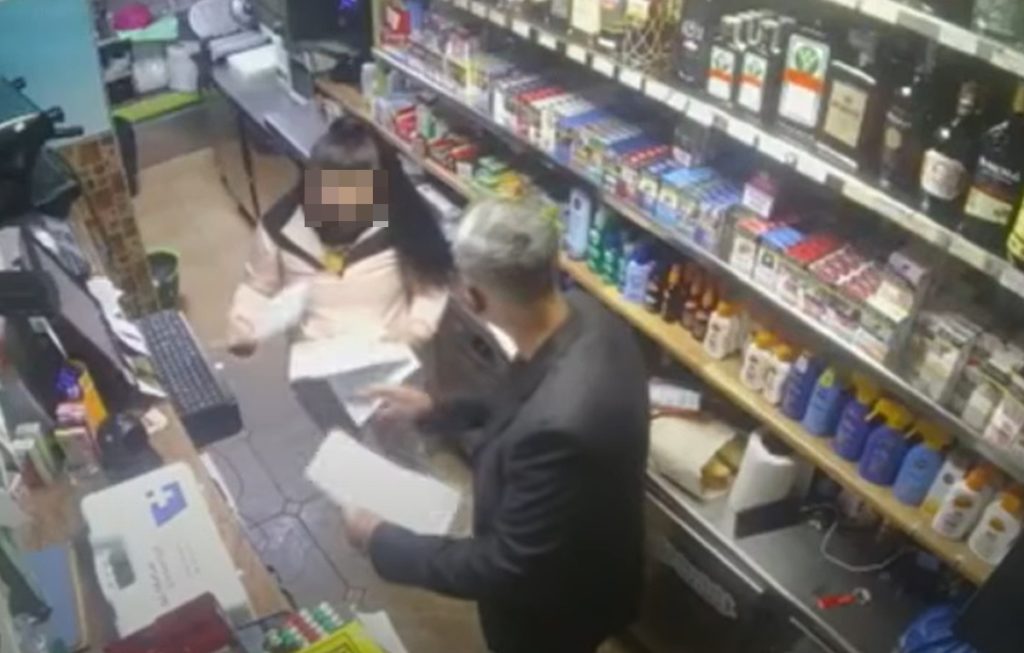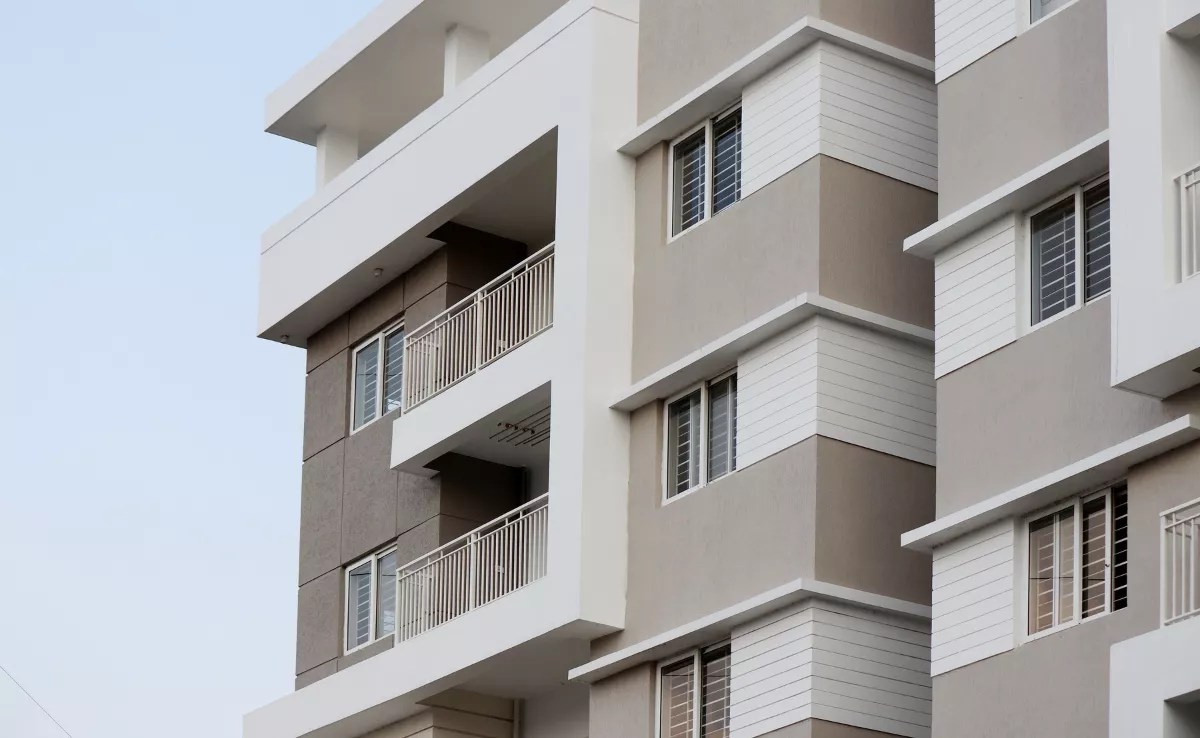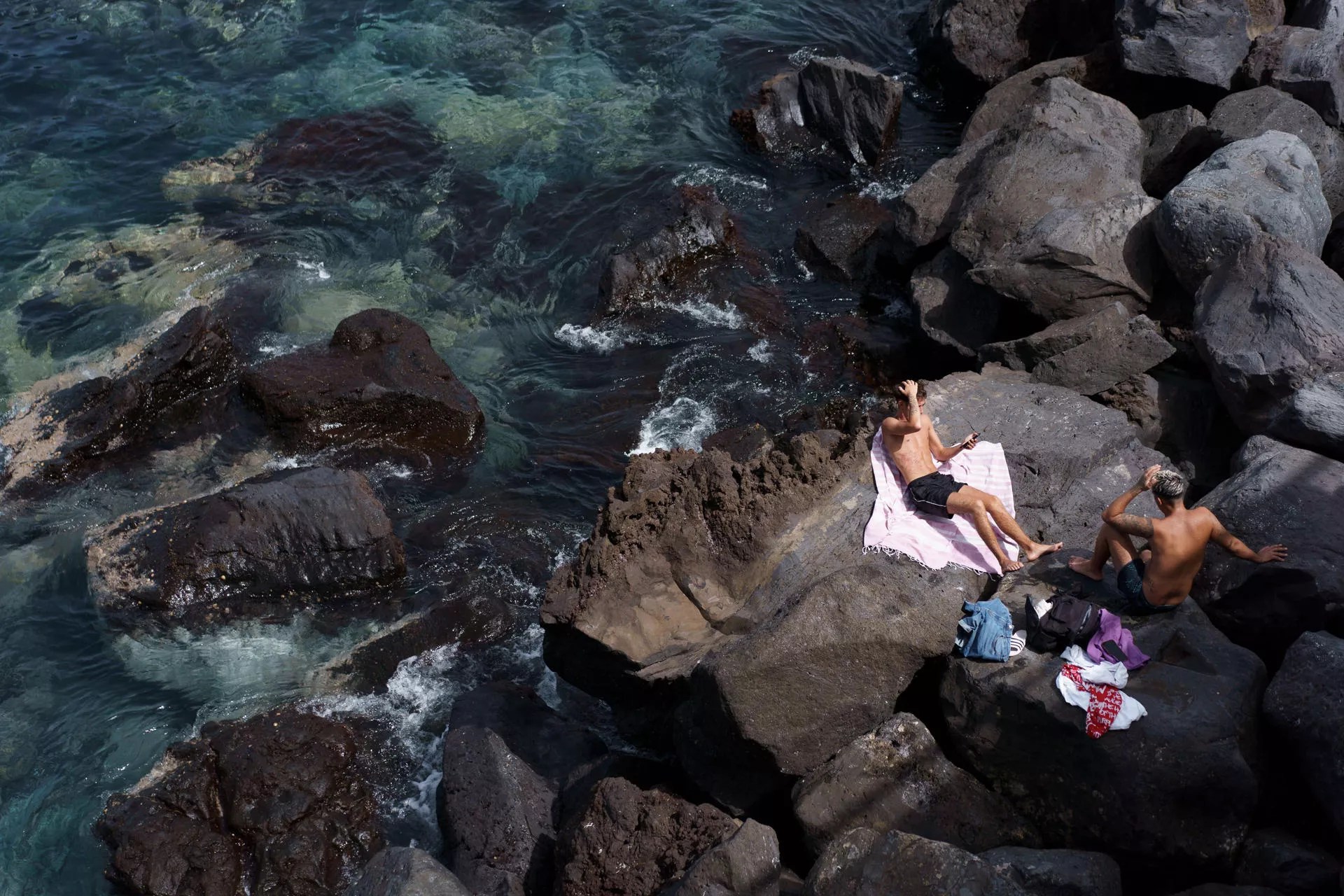
Health inspectors warn about a new form of fraud detected in some establishments in the food sector in the south of Tenerife. The procedure consists of an individual presenting himself at the premises, showing a false accreditation as a health inspector, and after carrying out an eye check of the medicine cabinet and supervising the mandatory permits for its opening and operation, a procedure in which it takes less than five minutes , ask to collect 75 euros in cash.
In a video broadcast by Digital del Sur, it can be seen how one of the security cameras of a food and beverage store in Los Cristianos records a middle-aged man, wearing a black shirt and jacket, while carrying out the alleged inspection, after the which gives the shop assistant the false document for the service performed, which specifies the payment of 75 euros for the “health inspection”. Then he leaves the premises.
From the Inspection Service of the Ministry of Health, it is recalled that officials always carry an accreditation from the Canary Health Service with which they are obliged to identify themselves every time they access an establishment. But, in addition, they clarify that in no case do they charge in the places they inspect. “Nothing is ever paid, neither in cash nor electronically; we are inspectors, not collectors”, a professional from the sector told this newspaper yesterday, who stressed that the fees are paid through the electronic headquarters of the Government of the Canary Islands.
“They are administrative fees and that is all formalized when the application for registration of the company is made,” explained the inspector. In addition, he stressed that white paper is not delivered, as can be seen in the video, since the record is issued in triplicate and the document left to the inspected person is yellow. The sector insists that, in the midst of the process towards electronic inspection, no data is requested in any establishment, “only that of the person who is going to sign the minutes, because the rest of the company’s information is already in the database”.
Lastly, they clarify that the inspections last “much longer” than five minutes: “During that time, the hygienic conditions of the establishments we visit are hardly seen.”















